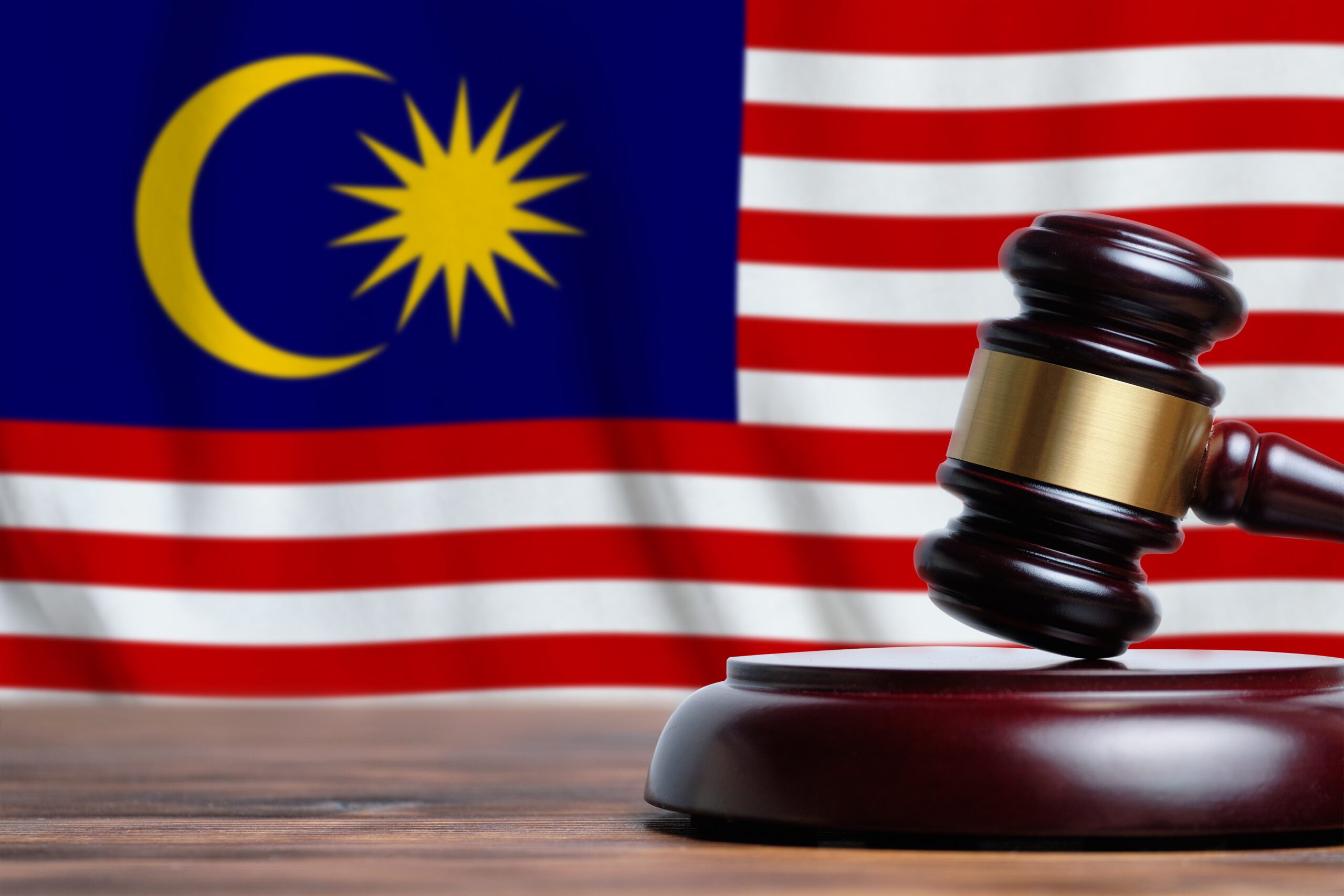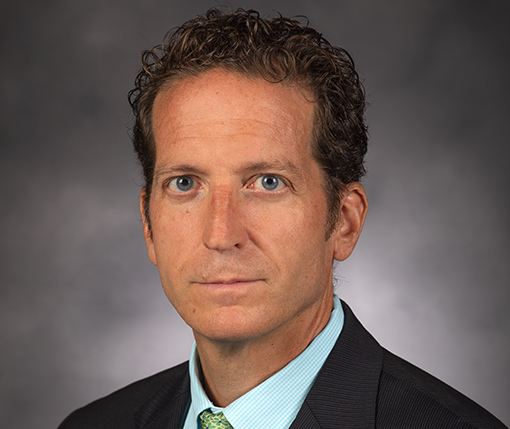
Malaysia’s government has removed e-liquid containing nicotine used in e-cigarettes and other vaping products from the country’s Poisons List of controlled substances. The move enables taxation on e-liquids.
Media reports claim the removal effectively legalizes e-cigarettes with nicotine without any regulations in place, as the current Control of Tobacco Products Regulations 2004 under the Food Act 1983 only cover conventional cigarettes and other tobacco products.
The Control of Tobacco Product and Smoking Bill 2022 – which seeks to regulate both tobacco and vape products, besides a ban on these products for anyone born from 2007 – has yet to be tabled in the current 15th Parliament, reports Code Blue.
Health Minister Zaliha Mustafa gazetted an order Friday to exempt nicotine “preparation of a kind used for smoking through electronic cigarette and electric vaporizing device, in the form of liquid or gel” from the Poisons List under the Poisons Act 1952 – overriding the Poisons Board that unanimously rejected the proposal last Wednesday.
The Excise Duties (Amendment) Order 2023 – which subjects e-liquid or gel containing nicotine to excise duty of 40 sen ($0.004 cents) per milliliter – gazetted by Finance Minister Anwar Ibrahim, who is also the prime minister, was dated last March 29, the same day as the Poisons Board meeting.
The tax on e-liquids with nicotine went into effect on April 1.
CodeBlue reported that the Poisons Board, an independent body formed under the Poisons Act, wholly objected to the government’s proposal to exclude nicotine-containing e-liquid from the Poisons List on the basis that the harm of allowing e-cigarettes to be sold to anyone, including children, outweighed the benefit of tax revenue from such products containing nicotine, a highly addictive substance.





